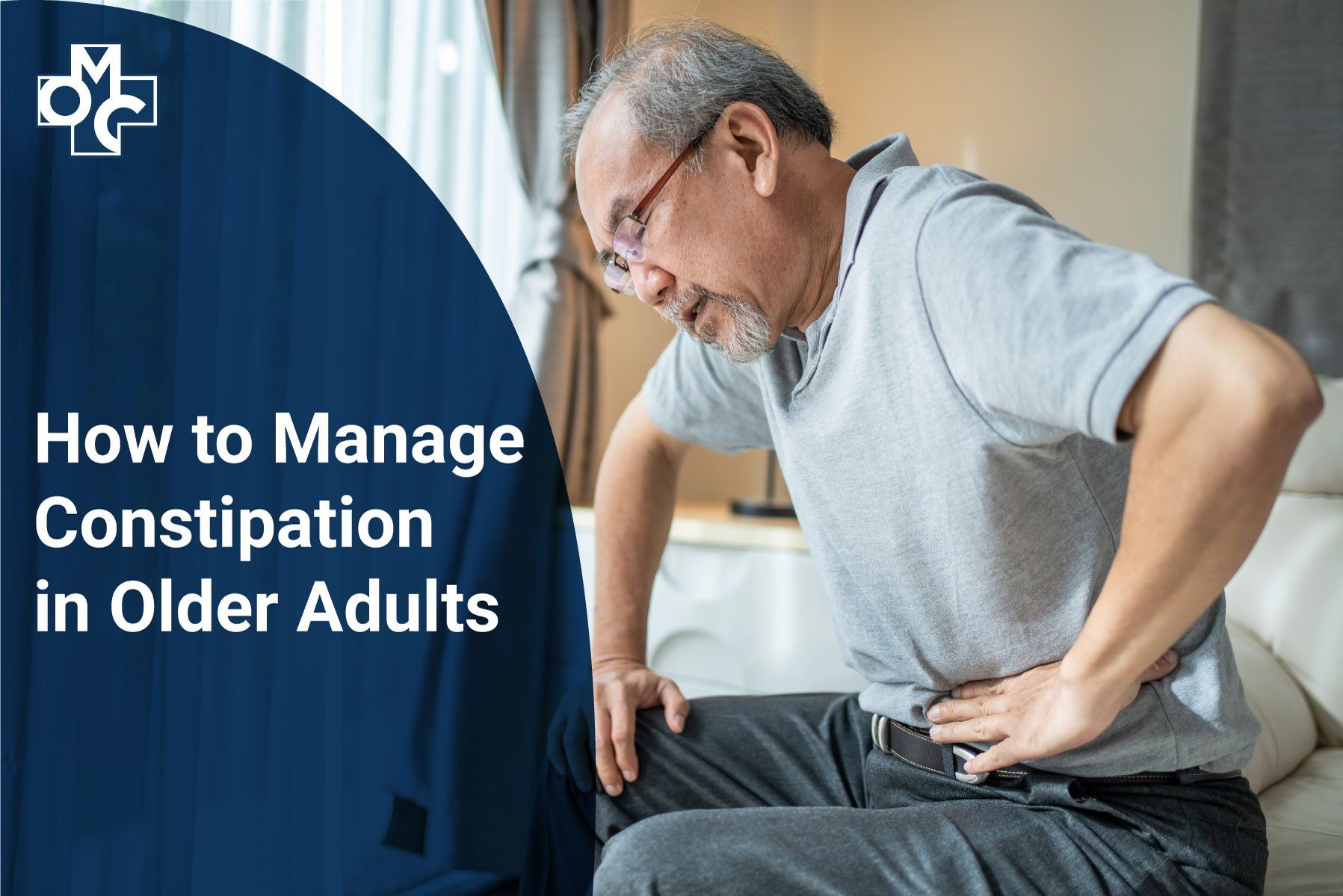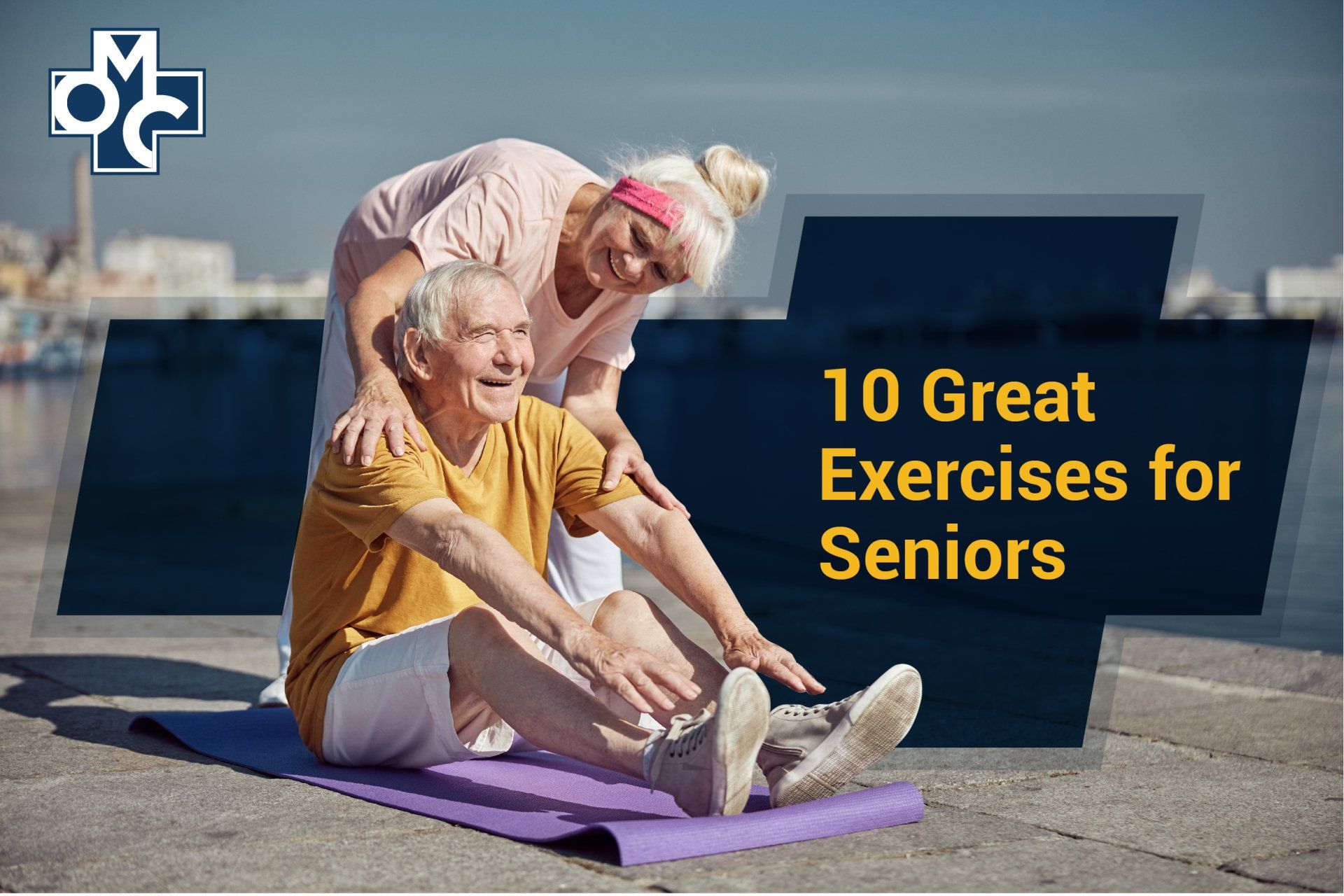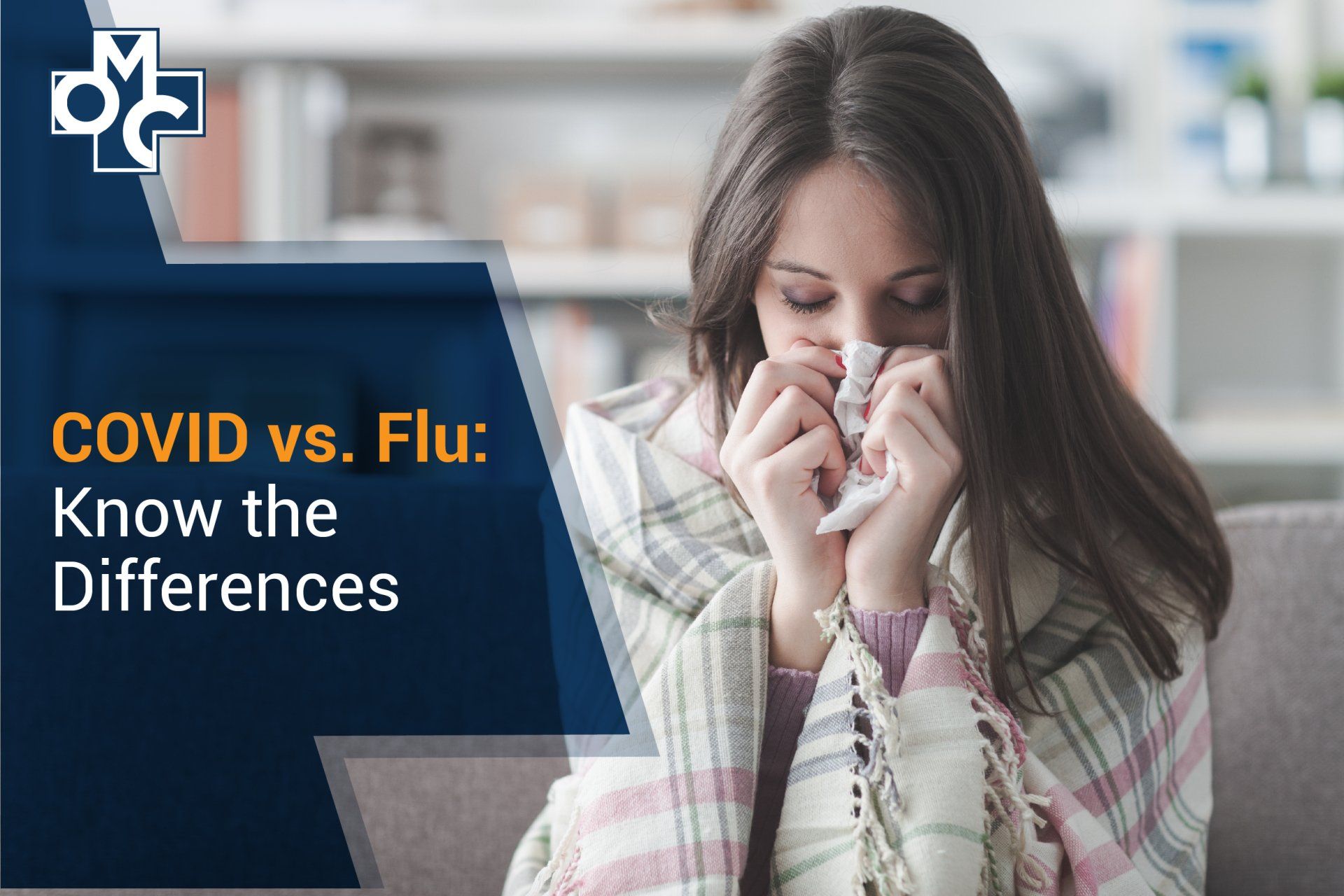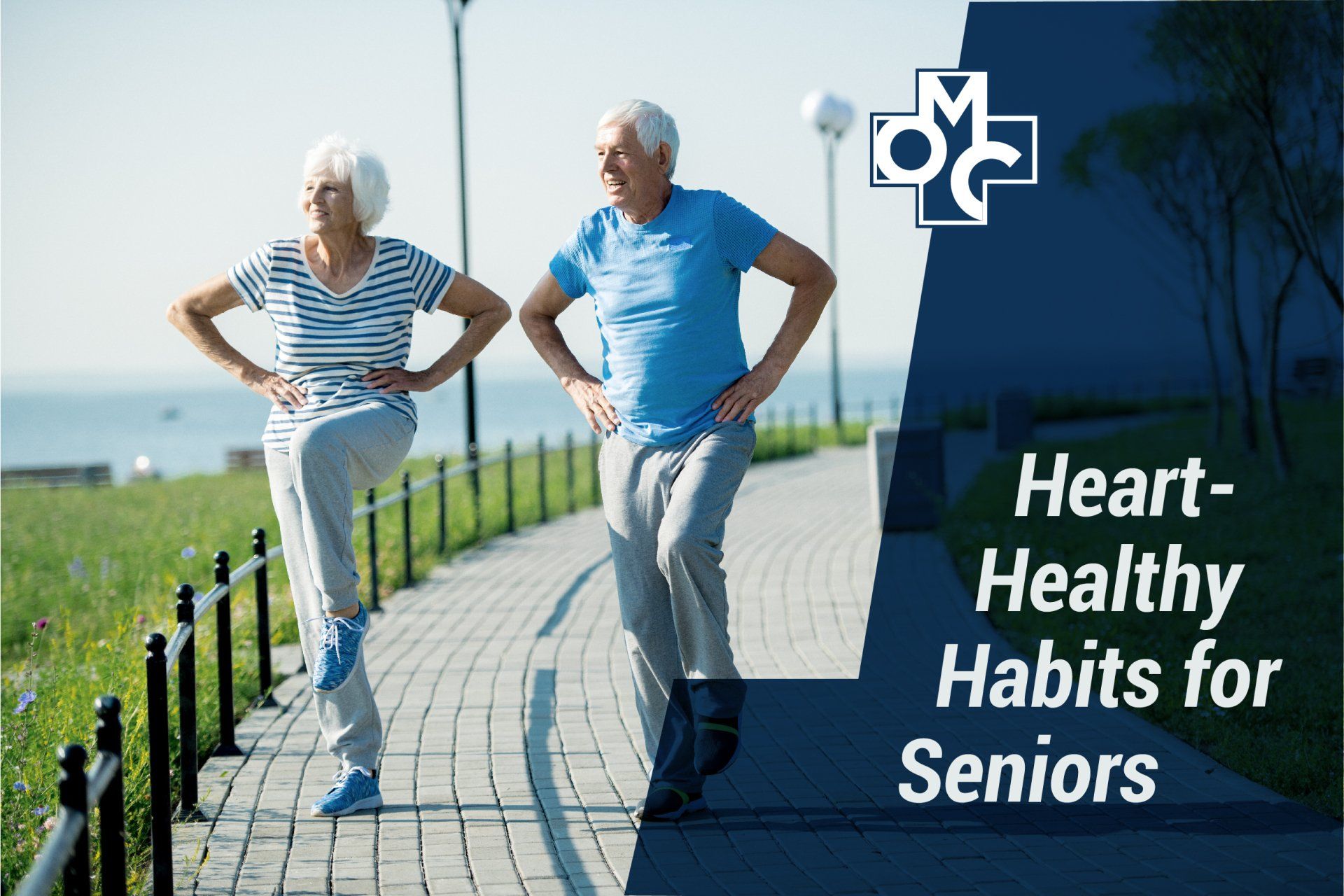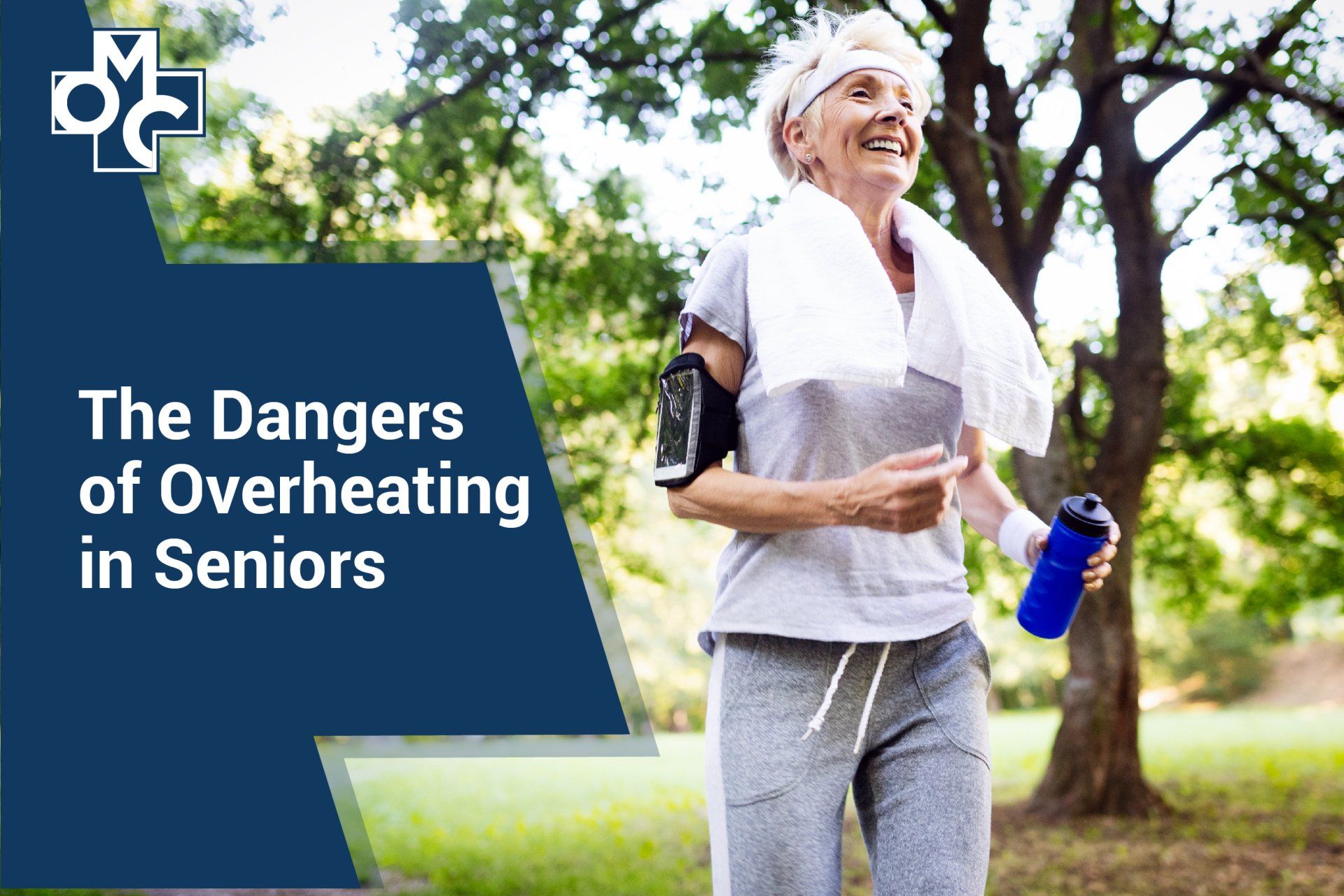Keep Breathing: Keeping Your Lungs Healthy as You Age

Most people want to get healthier. Rarely, though, do they think about protecting and maintaining the health of their lungs.
Your lungs are incredible organs that work really hard. They are, however, not impervious to the passage of time. As you get older, your lung function starts to deteriorate and can even lead to chronic lower respiratory diseases, according to the
National Heart, Blood, and Lung Institute. These respiratory diseases, including COPD and asthma were the third leading cause of death in 2010.
To understand how age influences lung function, it’s helpful to know how the physical act of breathing works.
Your lungs actually have no muscles - they expand and contract with help from your diaphragm, a powerful muscle wall that separates your chest cavity from your abdominal cavity. In partnership with the diaphragm, your rib cage supports and protects your chest cavity and allows your lungs to function without being crushed by any outside forces.
Now that your lungs can function, what do they do? Lungs have two main functions: to intake oxygen and remove carbon dioxide from the body. Both gases are needed within the body at different times (and in different volumes). Your lungs ensure that ratio remains correct.
Your daily consumption of food and water must be of a certain quality and quantity. Too much or too little is a recipe for disaster. Isn't it reasonable to assume that, even more than food or water, air must also meet basic requirements for human survival?
That’s why
maintaining lung capacity is so important.
Improving Your Lung Capacity
The entire amount of air that your lungs can hold is known as lung capacity. After your mid-20s, lung capacity and function normally decline gradually. As you get older, your body goes through various changes that might lead to a decrease in lung capacity:
The diaphragm might weaken with time, limiting your capacity to inhale and exhale.
Ribcage bones shrink and change shape, making the ribcage less able to extend and compress in response to breathing.
Cough-inducing nerves in the airways become less sensitive to foreign particles. Particles can harm lung tissue when they accumulate in the lungs.
Fortunately, regular routines and exercises can help maintain and enhance lung capacity, making it easier to keep your lungs healthy and provide your body with the oxygen it requires.
First Things First -- Avoid Smoking
Smoking damages your lungs and will compound the effects of aging (and even increase the rate at which your lungs age). Quitting smoking, no matter how old you are or how long you've been a smoker, can help. According to the American Lung Association, the carbon monoxide level in your blood returns to normal within 12 hours of quitting. Your lung function begins to recover after a few months. Your risk of coronary heart disease is half that of a smoker after a year. And the longer you go without smoking, the better.
Next Up -- Be Strategic With Your Exercise
Your heart beats quicker and your lungs work harder when you exercise. To feed your muscles, your body requires more oxygen. Your lungs work harder to deliver that oxygen while also expelling more carbon dioxide.
According to a
recent article, your breathing increases from about 15 times a minute to about 40 to 60 times a minute during exercise. But, in order to reap the most benefits from your physical training, you need to train your body to do more with less. This means to strategically reduce your air intake during physical activities:
- Relax your body and take less air into your lungs during rest periods
- Increase exercise intensity while nasal-only breathing
- Practice breath holding during warm-ups and cool-downs
- Begin walking at a pace that is comfortable for you. Try to breath regularly and calmly solely through your nose, using your diaphragm for gentle relaxed breathing.
- After one minute or so walking at a fairly good pace, exhale normally through your nose. Pinch your nose immediately after exhaling to hold your breath.
- While holding your breath, walk for 10 to 30 paces, or until you feel a moderate need to breathe. When you feel this hunger for air, let go of your nose and resume breathing through your nose.
- Continue walking for 10 minutes, performing a breath hold every minute or so.
Never Forget -- Your Routine Physicals
Infections can be especially hazardous to your lungs as you get older. Infections are especially dangerous for people who already have respiratory illnesses like COPD. Even healthy elders, on the other hand, can get pneumonia if they aren't vigilant.
Regular check-ups are the greatest approach to avoid lung infections. They aid in the prevention of diseases, even when you are in good health. This is especially true in the case of lung disease, which might go unnoticed until it is severe.
Last But Not Least -- Breath Deep, But Light
If you're like most individuals, you breathe shallowly from your chest, just using a small percentage of your lungs. But, like most animals, we were meant to take deep, silent breaths. Deep breathing clears the lungs and allows for a complete oxygen exchange.
In a
small study published in the
Indian Journal of Physiology and Pharmacology, researchers had a group of 12 volunteers perform deep breathing exercises for various amounts of time. After 2 and 5 minutes of deep breathing exercise, they discovered a considerable increase in vital capacity. The greatest volume of air that the volunteers could expel from their lungs was determined by their vital capacity.
Deep breathing, even for a few minutes, was found to be advantageous to lung function by the researchers. Focus on slowing down and reducing your breathing sufficiently to create a tolerable need for air.
- For a period of 4 to 5 minutes, try to sustain a need for breath. Sitting in front of a mirror and observing your breathing movements can be really beneficial.
- One hand should be on your chest, and the other should be just over your navel.
- As you inhale, feel your abdomen softly slide forth, and as you exhale, feel it gently move within.
- Apply mild pressure to your abdomen and chest with your hands as you breathe. They should create resistance to your breathing.
- Breathe in and out through your hands, focusing on making each breath smaller.
- Take in less air than you would like with each breath. Make the in-breath smaller or shorter.
Visible breathing motions will be diminished as in-breaths get smaller and out-breaths become more relaxed. It's possible that you'll notice this in the mirror. To enhance general lung capacity and health, practice these exercises on a regular basis, if not daily.
Ocana Medical Care, located in Tampa, FL, aims to bring you as much information as possible to keep you healthy. We’re in this together. #ocanacares


